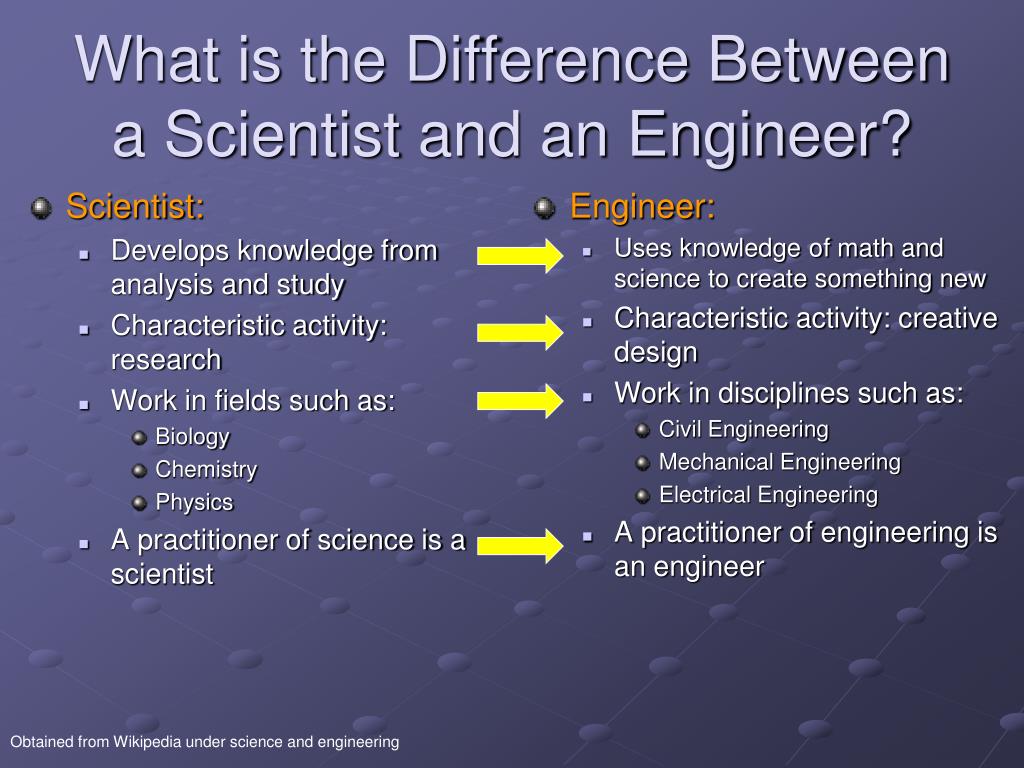
This is the place to go if you are interested in learning how to become an environment engineer. There are many factors to consider such as education requirements and job description. Find out more about the job and its responsibilities by reading on. Do you have an interest in this area? Start your application today! It might surprise you at how easy it is. Learn more to get started. Once you're ready to get started, your new career will be exciting!
Job description
The many opportunities for professional growth as an environmental engineer should be highlighted in the job description. A typical day in the life of an environmental engineer will involve monitoring environmental conditions and implementing risk management systems. They assess the environmental impact of different activities and decide the best control hierarchy to minimize them. In addition, they may be responsible for overseeing environmental investigations, determining the extent of contamination, and preparing remediation action plans.

An environmental engineer's primary role is to supervise environmental protection projects and programs, and to provide technical support for government agencies. An environmental engineer will write reports about investigations, provide technical support to government agencies, and consult on environmental best practice. An engineering degree or equivalent is required for the job of environmental engineer. Strong communication skills are required as well as technical report writing skills. This job description calls for a solid understanding of environmental laws.
Education necessary
There are two basic types in engineering programs: the bachelor's degree, and the graduate degree. Both types of programs rely on hands-on lab classes. These classes prepare future environmental scientists for practical design and production. Graduates of engineering technology programs are often seen as an intermediate between engineers and technicians. They might be able work in many industries such as design or manufacturing. They may choose to continue their studies after graduation.
To practice their profession, students must earn a bachelor's in environmental engineering. When choosing an engineering program, it is important to consider ABET accreditation. Accreditation from ABET signifies reliability and quality. Accredited engineering programs will be required by employers, professional organizations, and licensing boards. Online or campus-based ABET-accredited degrees may be available. Practical requirements for students in their hometown are usually fulfilled by online environmental engineering programs.
Salary
The Salary of environmental engineers can vary depending on the location and size of the company where they work. The skills and experience of the individual also influence the salary. This article provides an approximate salary range for an environmental engineer. Hours may vary. It is possible for environmental engineers to spend significant time away from their homes. This salary should not be taken as an indication. Sometimes the average salary for a similar job is three times more.

As the population continues growing, the demand to be an environmental engineer will rise. Environmental engineers are in high demand as people become more aware of the importance to preserve the environment and find alternatives to polluting practices. According to the U.S. Bureau of Labor Statistics (USBLS), the demand for environmental engineers will grow by 12 percent between 2014- 2024. There are several reasons why this field is a good choice for you.
FAQ
Is engineering a rewarding career?
Engineering is a fun profession where you can always learn more and improve. There are many opportunities to make an impact in people's daily lives. And there are many different ways to do this.
You could design products such as cars, planes, trains, computers, mobile phones, etc. These products could be designed or built by you. Perhaps you'd like to create medical equipment. The possibilities are endless!
Engineers also love working with people to solve problems and come up with solutions. They are always open to new challenges and learning experiences.
Engineering is a good career choice. However, it takes hard work and dedication. You can't just sit around and watch TV all day. You'll need to put in a lot of effort to get the desired results. The rewards are well worth the effort.
What Is the Hardest Engineering Major?
Computer science is the hardest engineering major because you need to learn everything completely from scratch. You will also need to learn how to think imaginatively.
Programming languages such as C++, JavaScript and PHP will be required to comprehend.
Understanding how computers work is another important skill. You will need to be able to comprehend hardware, software architectures, operating systems and networking.
Computer Science is a great option if you are interested in becoming an engineer.
What is Engineering?
Engineering can be described as the application and production of useful things using scientific principles. Engineers apply their scientific and mathematical knowledge to create machines, vehicles, buildings and bridges, as well as aircraft, spacecraft and robots.
Engineers may be involved in research and development, production, maintenance, testing, quality control, sales, marketing, management, teaching, consulting, law, politics, finance, human resources, administration, and many other areas.
Engineers have many responsibilities. They can design and build products, systems and processes; manage projects; perform tests and inspections; analyze data; create models; write specifications; develop standards; train employees, supervise workers and make decisions.
Engineers may specialize in certain areas, including mechanical, electrical and chemical.
Some engineers choose to focus on specific types of engineering, such as aeronautics, biotechnology, chemistry, computing, electronics, energy, industrial, marine, medicine, military, nuclear, robotics, space, transportation, telecommunications, and water.
Which engineering task is the most difficult?
The most difficult engineering problem is to design a system capable of handling all possible failure modes. However, it must also be flexible enough so that future changes can take place.
This requires a lot of testing and iteration. This requires an understanding of the system's behavior when things go wrong. Here you need to be sure you're not solving just one problem. You have to design a solution which solves multiple problems simultaneously.
What do electricians do?
They design power systems for use by people.
They are responsible of designing, building and testing all types electrical equipment that is used by residential and commercial customers.
They also plan, direct, and coordinate the installation of these system, which may include coordination with other trades such architects, contractors and plumbers.
Electrical engineers design, install, and maintain electronic circuits, devices, and components that convert electricity in to usable forms.
What type of engineer is paid the most?
Software engineers are the answer, as they write code for computers. Software engineers also have the freedom to choose what type of project they would like to work on. Software engineers can be employed in any industry but prefer to work in tech companies such Google or Microsoft.
Statistics
- Job growth outlook through 2030: 9% (snhu.edu)
- 14% of Industrial engineers design systems that combine workers, machines, and more to create a product or service to eliminate wastefulness in production processes, according to BLS efficiently. (snhu.edu)
External Links
How To
What type of engineering should I study?
If you are interested in technology, engineering can be a rewarding career. There are many types and levels of engineers. Each type has its own set skills and responsibilities. Some are specialists in mechanical design while some others specialize on electrical system design.
Engineers may work directly with clients to design buildings and bridges. Others might be more involved in data analysis or programming computer programs.
Whatever type of engineer you choose, you'll learn how to apply scientific principles to solve real-world problems.
Students learn valuable communication and business skills in addition to technical skills. Engineers often collaborate and work with other professionals such accountants, managers lawyers, marketers, and architects to develop new products and services.
As a student, you will explore topics in science, mathematics, chemistry or physics. You'll also learn how to communicate effectively both orally and in writing.
There are many career opportunities in engineering, no matter if you work for large companies or small startups. Many graduates get jobs immediately after they have graduated. Many options are available for students who wish to further their education.
A bachelor's degree can be obtained in engineering. It will give you a solid foundation for employment. You might also consider a master's in engineering, which will provide additional training in specialized fields.
A doctorate program allows you to delve deeper into a particular field. A Ph.D. can usually be completed after four years in graduate school.